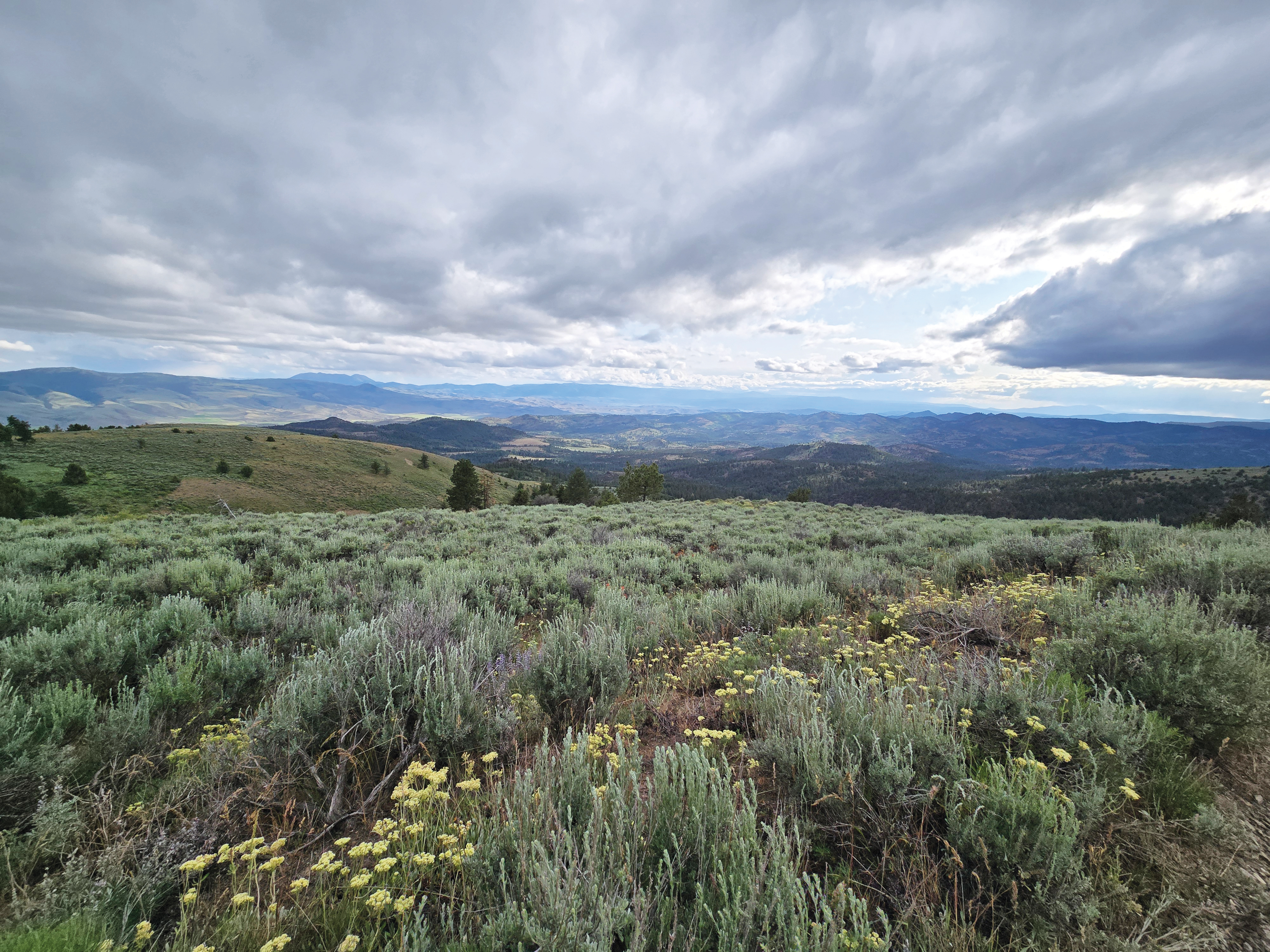Chickadees can tell us their name
Published 2:19 am Tuesday, December 23, 2014

- photo A black-capped chickadee, characteristically unafraid of a human observer.
The black-capped chickadee is a pleasant bird to have around as they show no fear of man. They can be found almost everywhere in the United States and Canada and are the state bird of Maine and Massachusetts. There are two other chickadees to be found here in Oregon: the mountain chickadee and along the coastal states there are chestnut-backed chickadees. Many black-capped chickadees breed in Canada and Alaska, but we always had them nesting in our bird houses, especially when we were at our ranch.
In the winter these chickadees move through the treetops of evergreens accompanied by nuthatches, brown creepers and kinglets. You can always hear the chickadees as they are one of the few birds that enunciate their own names so clearly.
They are cavity-nesters and sometimes lay as many as nine eggs which take only about 11 days to hatch. Both parents take their turn on the nest. The young have to consume a tremendous number of insects. When the nestlings leave the nest they travel with their parents for quite some time before they join up with other wandering groups.
We have chickadees at our sunflower feeders right here at Alpine House, especially in the winter when they migrate down from the northern forests. They can’t crack the sunflower seeds like the finches can, so they have to take one seed and fly to the nearest tree and hold it down with one claw and peck it apart to get the kernel. I believe this is learned behavior and not instinct.
One last thing about chickadees: They are not just fair-weather birds as they are oblivious to snow and cold temperatures.






